This story was published as part of our joint Equitable Cities Reporting Fellowship For Reparations Narratives with Richmond’s VPM News.
A group of Black-led giving circles and nonprofits is working to narrow the racial homeownership gap in Richmond, Virginia.
Thanks to a $200,000 grant from the Amandla Fund for Economic and Racial Justice, the Southside Community Development and Housing Corporation is introducing a pilot program to advance Black homeownership in Virginia’s capital city through down payment assistance and housing counseling.
The Southside Community Development and Housing Corporation, which just celebrated its 35th anniversary as a Richmond-based nonprofit with a long track record in housing counseling, will administer the Economic Mobility and Black Homeownership Pilot Program’s funding and work with the families.
“Broadly, Black homeownership in Richmond is consistent with trends elsewhere in the nation — significantly lagging behind that of white of households. A full 25 percentage points, to be exact,” says Jovan Burton, the executive director of the Partnership for Housing Affordability, the region’s lead housing policy and education organization. Burton has served on the Amandla Fund’s leadership committee for two years, helping to lead the homeownership subcommittee.
The pilot program will assist 10 Black first-time home buyers who fall within 80% to 150% of the area median income (AMI) range, providing down payment assistance grants and robust pre- and post-purchase counseling.
The pilot will also function as a proof of concept for the Amandla Fund’s philanthropic strategy: If successful, the fund will look to scale this program to the level needed to close the racial homeownership gap in the Richmond community by 2040.
“We are hopeful that learnings from this pilot will allow us to launch a larger program and catalyze more wealth-building opportunities for RVA families,” Greta J. Harris, CEO of Better Housing Coalition CEO and an Amandla Fund board member, said in a statement.
The Amandla Fund, which emerged through collaboration between Richmond’s SisterFund and Ujima Legacy Fund along with the Community Foundation, aims to mobilize enduring investments aimed at advancing economic and racial justice for Richmond’s Black communities.
The funding follows recent findings of racial bias in mortgage loan practices at Navy Federal Credit Union, highlighting how Black prospective homeowners in the region have been left behind. Headquartered in Vienna, Virginia, Navy Federal Credit Union approved white borrowers making less than $62,000 at a higher percentage of applications than it did for Black borrowers making $140,000 or more. Virginia has the third-highest share of U.S. veterans; nearly 130,000 of these 614,600 veterans are Black.
But there are reasons to be hopeful. While the city’s Black homeownership rate fell by 6% between 2000 and 2017 in the wake of subprime lending, disproportionate foreclosures, and then rapid investment activity, Burton says, the rate has recently begun to increase slightly.
According to data from Freddie Mac, the Richmond region has nearly 30,000 mortgage-ready Black households. “This is a strong indication that the state of Black homeownership in Richmond is characterized by untapped potential,” Burton tells Next City. Through this pilot, he says, they aim “to help remove any barriers to unlock the wealth and opportunity that we all know exists here.”
These barriers could be anything from student loan debt or medical debt to simply not having enough saved for a competitive down payment in today’s market. “We are trying to tap into the ‘mortgage ready’ population identified by Freddie Mac,” Burton says. The fund’s target population is Black residents whose income is too high to qualify for traditional assistance programs yet are still unable to achieve homeownership.
“Supporting 5,000 households into homeownership has the potential to increase Black family wealth through home equity by over $1 billion in the next 35 years,” he tells Next City.
This article is part of Backyard, a newsletter exploring scalable solutions to make housing fairer, more affordable and more environmentally sustainable. Subscribe to our weekly Backyard newsletter.
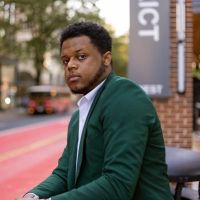
Barry Greene, Jr. is Next City's Equitable Cities Reporting Fellow For Reparations Narratives and a native of Southside Richmond, Virginia. Through his newsletter and moniker “density dad,” Greene is constantly working to spread awareness of the necessity to think of families with young children as well as seniors within the built environment. As a 2023 NACTO Transportation Justice Fellow, Barry aims to help Richmond return to its glory days of leading the industry in public transportation. You can catch him commuting by Brompton, bus or both in conjunction.



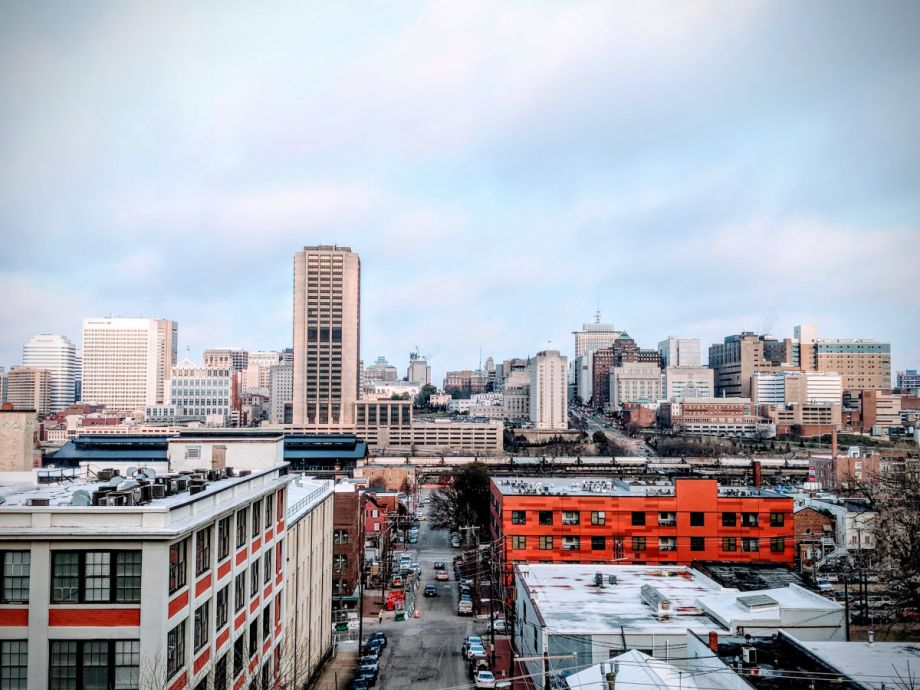
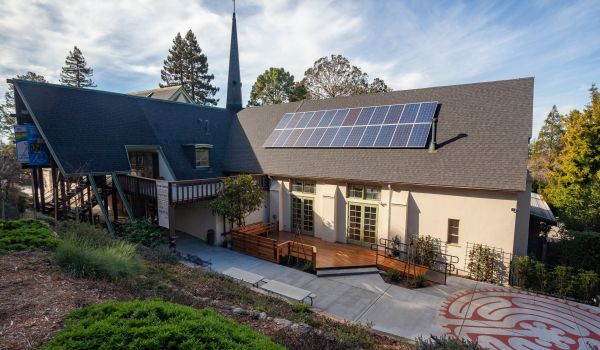
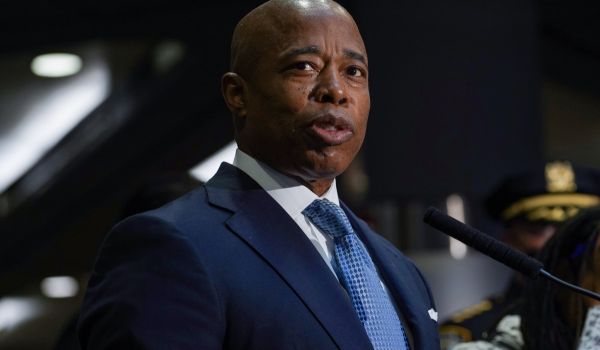
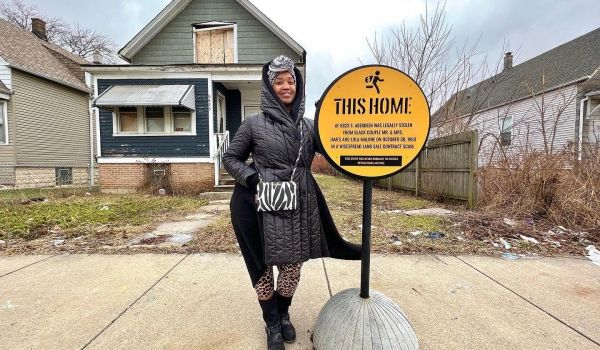
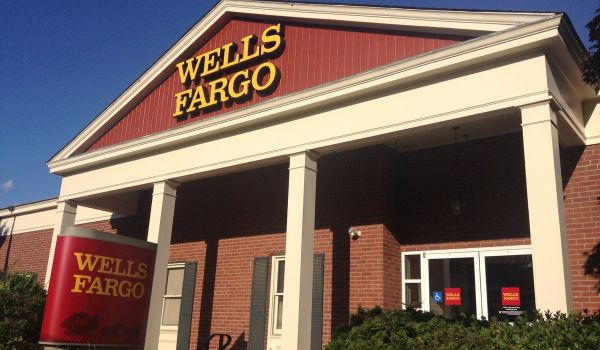
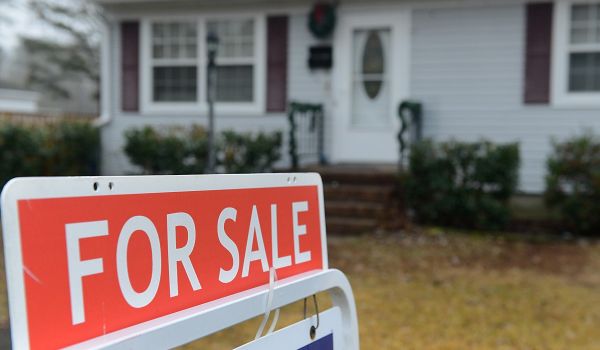
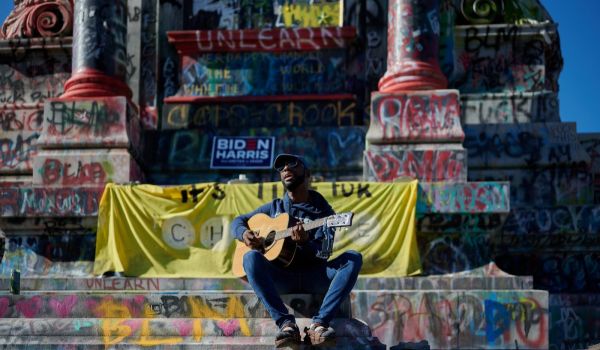
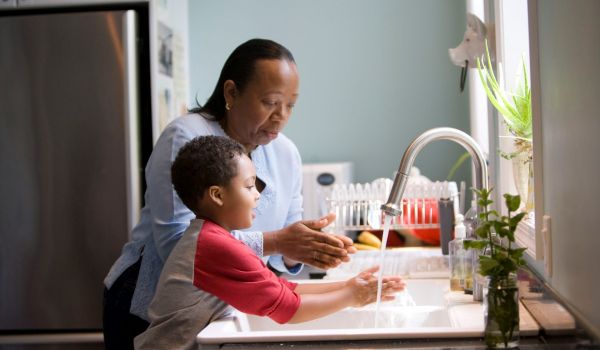
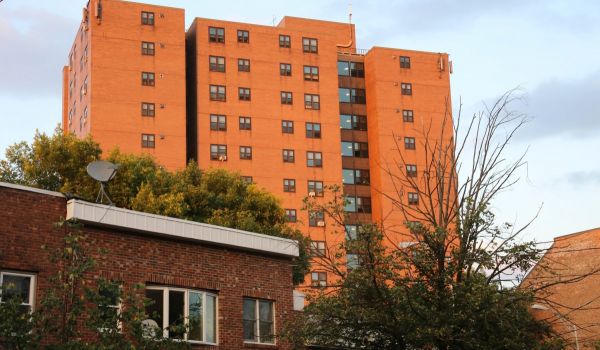



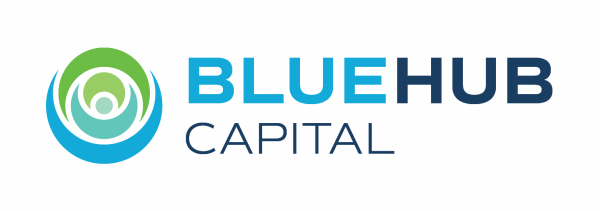
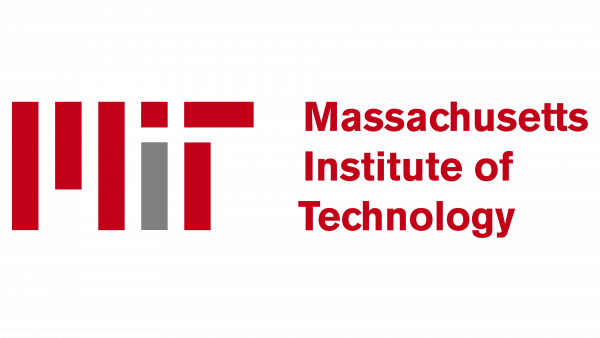

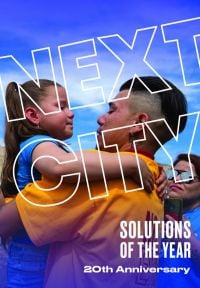
Add to the Discussion
Next City sustaining members can comment on our stories. Keep the discussion going! Join our community of engaged members by donating today.
Already a sustaining member? Login here.